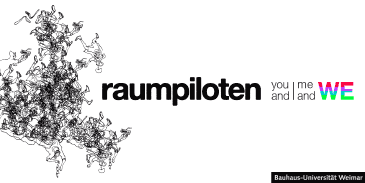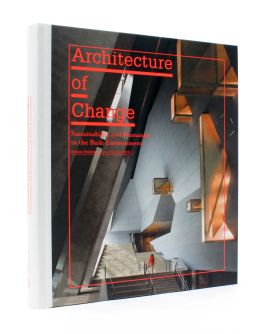The London Festival of Architecture 2008, is a celebration and exploration of the city’s buildings, streets and spaces – with over 600 exhibitions, lectures, public space installations, guided walks, bicycle rides, boat tours, parties, design workshops and debates.
Archive for June, 2008
June 5, 2008
June 4, 2008

Hace unos días os anunciamos haber conseguido alojamiento para seis estudiantes que quisieran participar al taller experimental Raumpiloten que [ecosistema urbano] y osa (office for subversive architecture) dirigirán en la Escuela de Arquitectura Bauhaus de Weimar en Alemania entre el 5 y el 8 de Junio de 2008.
continue reading
June 3, 2008

¿eres digital?, ¿estás seguro?, ¿utilizas los nuevos medios de manera no banal?, ¿tu trabajo explora la dinámica digital aunque el resultado no lo parezca?, ¿no sabes vivir sin conexión?
foto(info)grafía / video(info)grafía / code.art / cacharros / ambientes / presencias
algunas obras serán exhibidas por invitación, pero el grueso de la muestra estará constituida por obras elegidas tras convocatoria abierta
June 2, 2008

“The storm is master. Man, as a ball, is tossed twixt winds and billows.” Friedrich Schiller
The destruction of the natural bases for our lives and the consequences of this represents one of the greatest challenges for the 21st century. Given the fact that none of this is new, but has been debated for a long time, we have to wonder whether fresh disasters really are needed to cause a genuine change in our approach? Unfortunately history teaches us that human being really are not long-term planners, but respond almost exclusively to crises. continue reading
